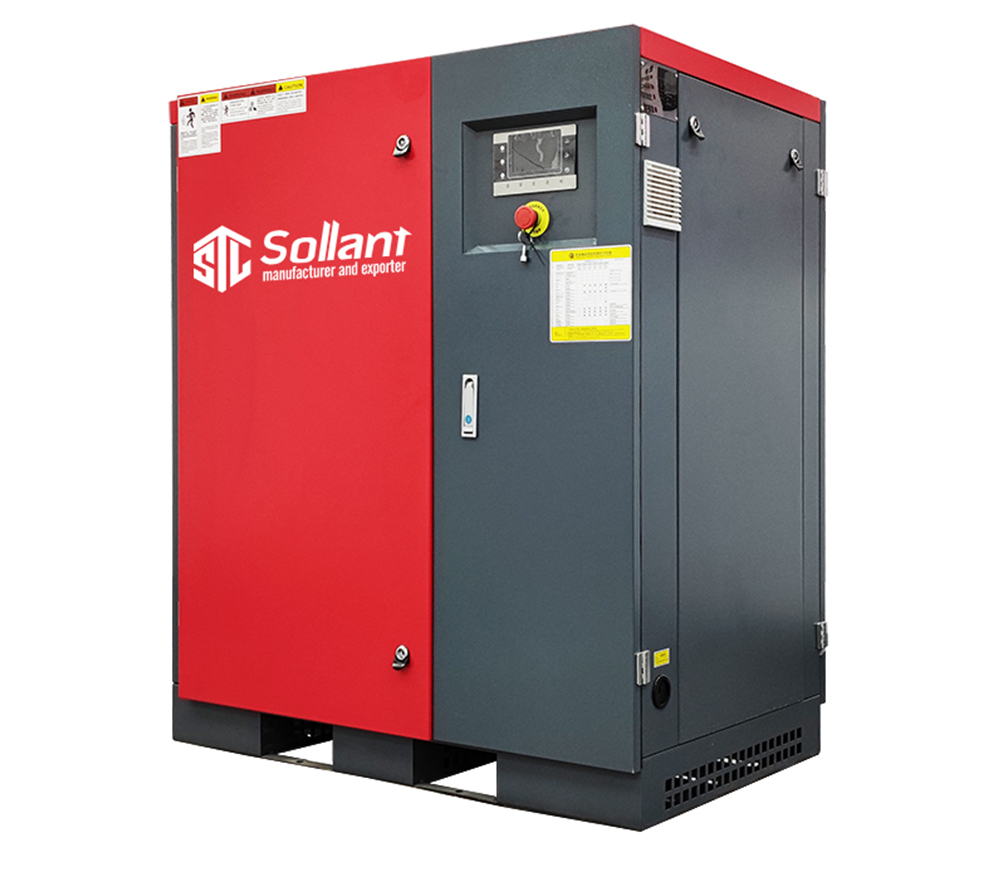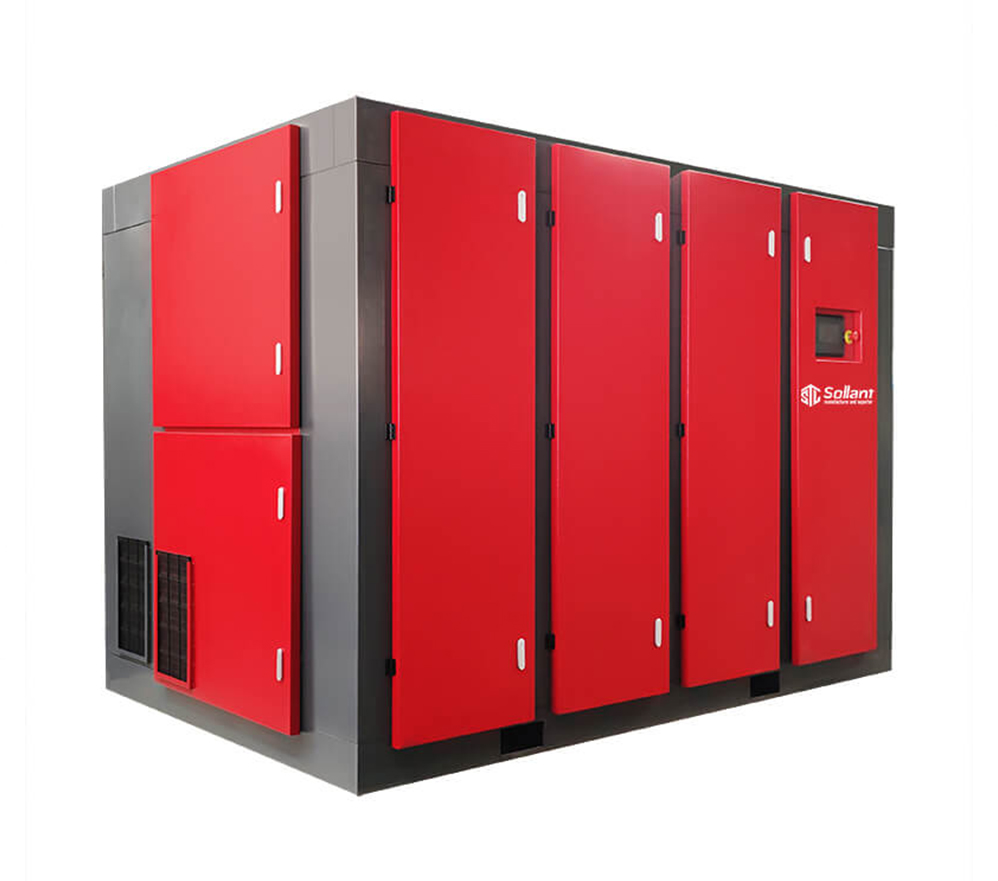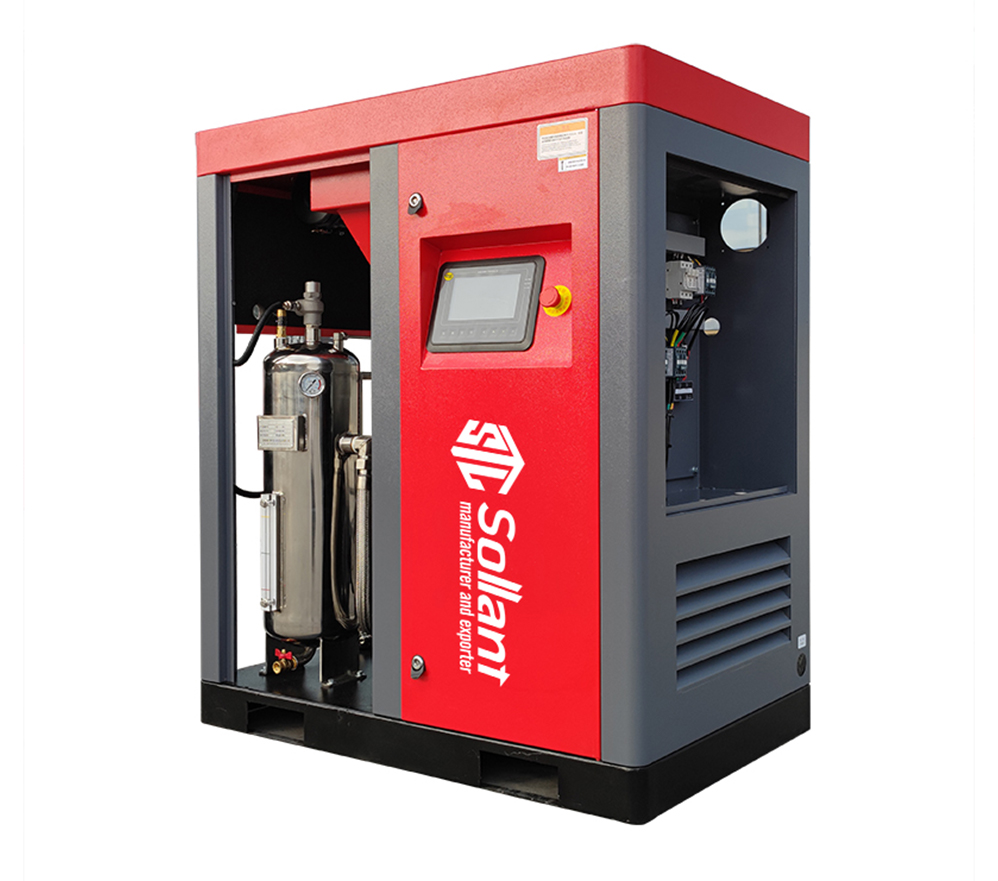Pharmaceutical
Air compressors are widely applied in construction engineering projects of different scales.
Application of air compressors in the pharmaceutical industry: the "clean power" guardian of life safety
In the modern pharmaceutical industry, air compressors (referred to as air compressors) are an indispensable equipment. Pharmaceutical production involves highly sophisticated and strictly controlled processes, and any slight pollution, impurities or unstable environmental conditions may affect the quality and safety of drugs. Therefore, the application of air compressors in the pharmaceutical industry is not limited to providing air sources, but also a key equipment to protect the production environment, ensure product quality and meet strict production standards (such as GMP).
- Ensure clean air supply
The pharmaceutical industry has extremely strict requirements on air quality. Since the drug production process may involve substances that have a direct impact on human health, any external pollution source may affect the quality of the final product. Air compressors ensure the air quality during the production process by providing oil-free, dry and clean compressed air, and avoid pollution sources from entering the production environment.
Oil-free air compressor: In the pharmaceutical industry, compressed air must be oil-free to prevent oil mist and oil pollution from contaminating drugs. Many pharmaceutical companies choose to use oil-free air compressors, which can effectively prevent oil molecules from entering the air system, thereby ensuring that the air is pure and meets GMP (Good Manufacturing Practice) requirements.
Air purification: The air compressor is equipped with a high-efficiency filtration system that can filter out moisture, oil and particulate matter in the air, and provide water-free, oil-free and impurity-free compressed air. This is crucial for every link in pharmaceutical production, especially for precision drug packaging and processes that require extremely high cleanliness in the pharmaceutical process.
- Driving pneumatic equipment
Air compressors provide power for pneumatic equipment in the pharmaceutical industry, which are widely used in automated production lines, assembly, packaging, cleaning and other links.
Pneumatic tools and equipment: In the pharmaceutical production process, many links require the use of pneumatic tools, such as pneumatic conveyors, pneumatic capping machines, pneumatic filling machines, etc. These devices rely on air compressors to provide power to ensure the smooth operation of the production line and improve production efficiency.
Automated production line: With the continuous improvement of the degree of automation in the pharmaceutical industry, air compressors provide air source support for automated production lines. Automated production lines can not only improve production efficiency, but also ensure the production quality of drugs and avoid interference from human factors. The application of pneumatic equipment on the production line reduces labor costs and can achieve efficient and stable production.
- Ensure safety and stability
The production process of the pharmaceutical industry usually requires long-term stable operation of equipment. Any downtime or failure may lead to a large number of production stagnation and even economic losses. Air compressors play an important role in ensuring the stable operation of equipment.
Stable air source: Air compressors provide stable air source support to ensure the stable operation of production lines, pneumatic tools and equipment. Through efficient and reliable compressed air, the operation of equipment is not affected by fluctuations, ensuring the continuity and stability of the production process.
Reduce energy consumption: Modern air compressors use variable frequency control technology and energy-saving design, which can automatically adjust the workload according to demand to avoid energy waste. This not only helps to reduce energy consumption, but also helps companies reduce operating costs and achieve sustainable production.
- Promote the pharmaceutical industry to meet GMP standards
GMP (Good Manufacturing Practice) has very strict production requirements for the pharmaceutical industry, especially in terms of air quality and environmental control. Air compressors play a vital role in meeting GMP standards.
Strict air quality control: GMP requires pharmaceutical companies to control air quality during the production of drugs to avoid microbial contamination or other harmful substances from entering the production environment. Air compressors ensure that air quality meets standards through filtering, drying and degreasing functions.
Clean production environment: The pharmaceutical industry usually produces drugs in clean rooms and sterile environments, and the clean air provided by air compressors is essential to maintaining the sterility of these environments. Air compressors help manufacturers maintain a clean production environment that meets GMP requirements and ensures that the final product meets quality standards.
- Energy recovery and environmental protection functions of air compressors
With the improvement of environmental protection requirements, the pharmaceutical industry has also paid more and more attention to the efficient use of energy and the treatment of waste gas. Modern air compressors improve energy efficiency, reduce production costs, and help reduce greenhouse gas emissions by recovering waste heat during the compression process.
Waste heat recovery: Some models of air compressors are equipped with heat recovery systems that can convert waste heat generated during the compression process into hot water or for heating, further improving the energy efficiency of the system. This is especially important for production environments such as pharmaceutical plants that require stable temperatures.
Reduce carbon footprint: By using high-efficiency air compressors, pharmaceutical companies can reduce energy waste, reduce carbon emissions, comply with environmental regulations, and promote sustainable development of enterprises.






